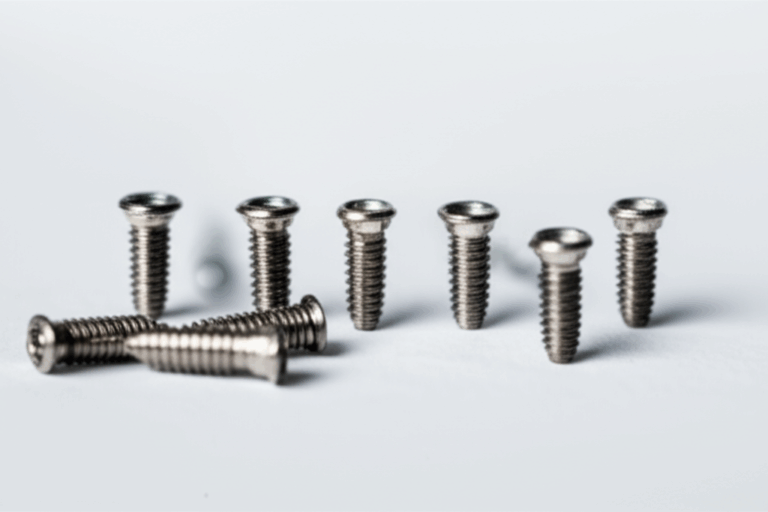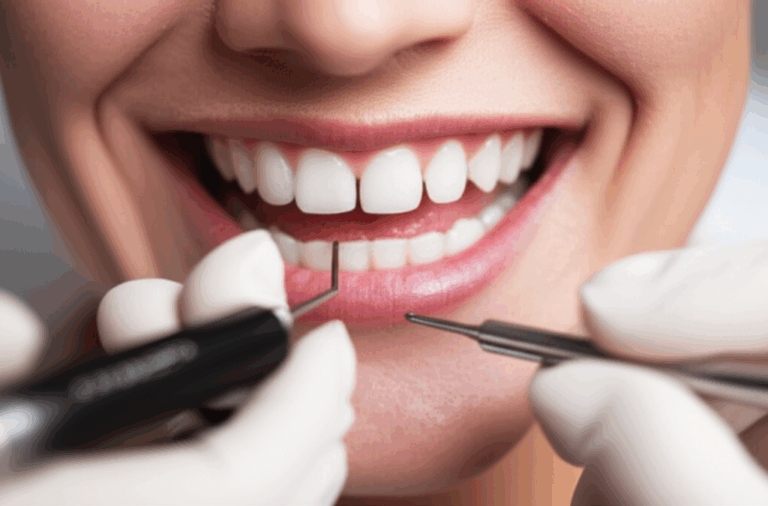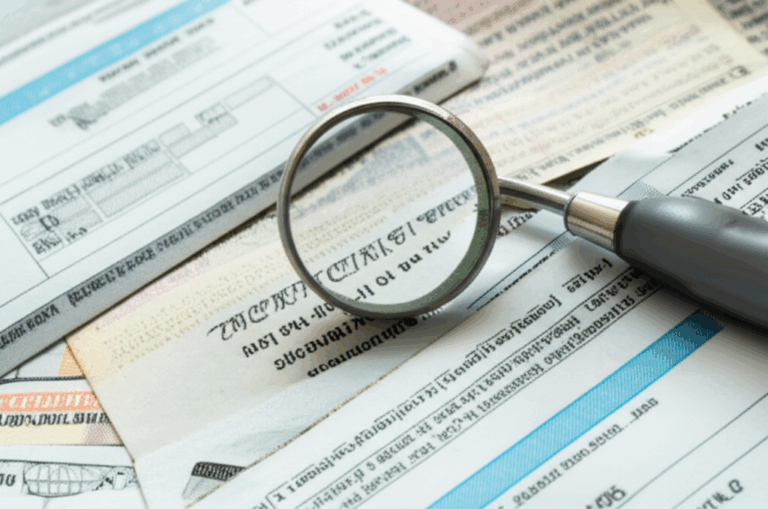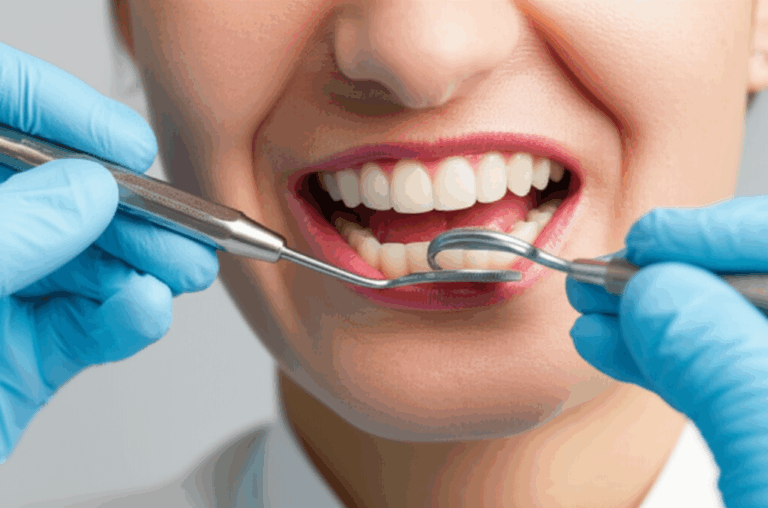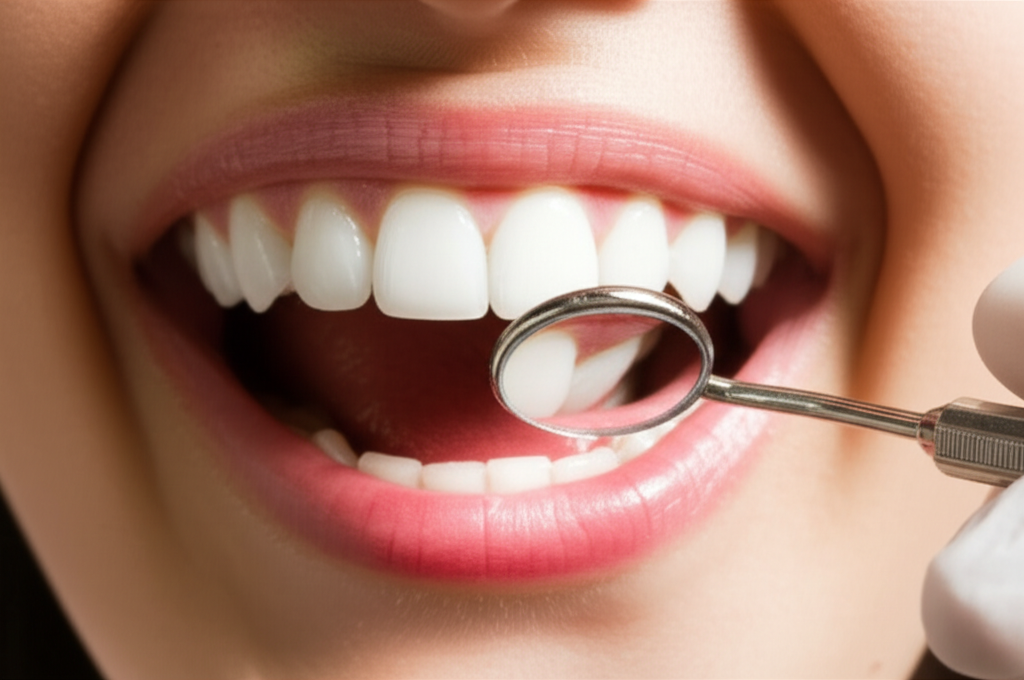
Are Dentists Free for University Students? Your Simple Guide to Low-Cost and Free Dental Care Options
We’ve all heard it: take care of your teeth now, or you’ll regret it later. But let’s be honest—when you’re a university student, your money and time are often tight. You might be asking yourself, “Are dentists free for students like me?” Maybe you broke a tooth playing sports, or you’re putting off a dental visit because paying for books already eats up your budget.
If this sounds like you, you’re not alone. So let’s talk straight and lay out what kind of dental care you can get as a college student. Whether you’re looking for free clinics, trying to figure out your student health insurance, or wondering if you can see a dental student for treatment, this guide is made to give you clear answers—without confusing dental words or making you feel bad.
In This Article
- The Truth: Is Dental Care Ever Really “Free” for Students?
- University-Provided Dental Services and Programs
- Government and Public Dental Care Options
- Other Cheap Dental Solutions
- What International Students Need to Know About Dental Care
- How to Find Dental Care Near Your University
- Key Takeaways: Simple Steps for Student Dental Health
The Truth: Is Dental Care Ever Really “Free” for Students?
Let’s answer the main question right away. Can you walk into a dentist’s office as a student, show your student ID, and get a check-up, cleaning, maybe even x-rays and fillings—all free?
Here’s the simple truth: totally free dental care is very rare—for everyone, even students. Sometimes, a college or public clinic might do free check-ups or cleanings during special events, or a charity might help people who need it most. But most students will need to pay something, either a small fee, a lower price, or the cost of insurance.
Why do some students think dental care should be free? Here are a few reasons:
Why Students Might Think Dental Care is Free:
- Some places, like the UK, have public health care (NHS) that gives free or cheaper care to some groups—like kids, students in full-time school, or emergencies.
- Colleges charge health fees with tuition, but dental isn’t often fully paid for unless you see an on-campus dentist or have a certain student health plan.
- Rumors spread: Your friend might have had a free check-up at a dental school, but that isn’t true everywhere.
Bottom line: Hope for a deal, but always check the details at your college and where you live. Cheaper dental care or big discounts? Yes, possible. 100% free, no conditions? That’s very rare, but maybe you’ll find it if you look hard.
University-Provided Dental Services and Programs
Let’s talk about what your school might offer. A lot of students don’t know what’s available at on-campus health services. Here’s how options break down at most colleges and universities:
On-Campus Health Clinics: What Do They Give You?
Many colleges use your student fees to help run a campus health center. Sometimes, these centers have a dental clinic right there, which may offer:
- Regular check-ups
- Teeth cleanings
- Fillings for cavities
- Emergency care (like if you get hit in the mouth with a ball)
- Suggestions to see local dentists for things they can’t handle
What’s the catch? Basic care is sometimes included or much cheaper. But if you need bigger treatments—like root canals, crowns, or getting wisdom teeth out—you’ll likely need to pay or use insurance. Always ask what’s really covered with your student health fee, and if dental care is even included.
Student Dental Insurance Plans: Required or Optional
A lot of colleges work with private insurance companies to offer dental insurance for students. These are sometimes:
- Bundled together with health insurance (sometimes automatically, sometimes not)
- Optional when you sign up for classes
What do they usually cover?
- Regular check-ups and cleanings (often fully covered)
- Fillings and simple fixes (partially covered)
- Emergency dental problems (coverage can change depending on the plan)
- Not covered: Major work like crowns or braces might only be partly paid for
Tips:
- Compare your college plan with private plans—you might save money if you look around.
- Read the details! Some cheap plans have a very small coverage cap, so if you need more work, it won’t pay for much.
University Dental Schools: Cheaper Treatment
Ever wonder where people learning to be dentists practice? Right—college dental clinics. Here, you get dental work from students finishing their training, but teachers watch closely. You get:
- Lower prices (sometimes half or even less than a regular dentist)
- Access to lots of treatments, like fillings, crowns, even teeth whitening
Pros:
- Quality is watched closely by experienced teachers
- Good way to save, especially for expensive work
Cons:
- Appointments can be long, since it’s a teaching place
- Fewer spots, depends on the school’s schedule
If saving money is your top goal, this could be the best choice for you.
Government and Public Dental Care Options
If your campus clinic doesn’t work, or you don’t have money for insurance, don’t worry. There are government and community options too.
National Health Programs (like NHS Dentistry in the UK)
If you study in the UK, the NHS gives cheaper dental care for everyone living there—including students. How does it work?
- Three “bands” decide the price: Band 1 (check-up, £26.80), Band 2 (fillings, £73.50), Band 3 (crowns or dentures, £319.10). [Prices from 2023/2024]
- You pay nothing if you’re under 18, under 19 and a full-time student, pregnant, or get certain benefits.
But…
- It can be hard to find an NHS dentist who takes new patients—especially in areas with lots of students.
- Some students, like those from other countries, may not get free care.
Medicaid, CHIP, and Local Programs (North America)
In the US, Medicaid pays for dental work for some students with low income, but every state is different. For under-21s, CHIP (Children’s Health Insurance Program) covers more kinds of dental care.
- Adults: Sometimes Medicaid does not cover dental for adults.
- Young adults or kids: If you’re under 21, you may get most regular and emergency dental work covered.
- Who qualifies: Usually depends on your income, age, and if you’re a student. Each state has its own system, so check with them.
In Canada, the new Dental Care Plan (CDCP) is starting to offer help paying for dental visits if you have no insurance and your family makes less than $90,000. Students will benefit too, but the program is starting in waves, not everywhere at once.
Community Dental Clinics and Health Centers
In North America, community clinics and local health centers give cheap dental care. What you pay depends on your income (a sliding scale). You can get:
- Check-ups
- Cleanings
- Fillings
- Tooth extractions
- Sometimes harder things like root canals
No insurance is needed, but you usually have to show proof of income.
Other Cheap Dental Solutions
If none of the above options work, there are still more ways to save on dental care.
Local Dental Charities and Non-Profits
Some charities put on free “dental days,” mobile clinics, or work for free for students and people with low income.
- Dental Lifeline Network and local groups sometimes give free or big discounts to patients.
- These events don’t happen often, so check student news boards, college social media, and local health departments to see what’s happening.
Dental Hygiene Schools: Cheap Cleanings and Check-Ups
Dental hygiene programs (where people train to become hygienists) often have their own clinics—where you can get your teeth cleaned for very low prices. Benefits:
- Very low cost (a cleaning might be $20–$50)
- Extra care from students, watched closely by licensed hygienists
Student Discounts and Payment Plans at Regular Dentists
Some private dentist offices offer:
- Simple student discounts (often 10–20% off)
- Payment plans to let you pay slowly over weeks or months
It’s always worth asking—show your student ID, tell them you’re tight on cash, and ask if there’s a student deal or if you can pay over time. Many dentists prefer helping you out than having you avoid care.
Preventative Care: The Cheapest Way
Really, the best way to keep your dental bills low is this: don’t let things get bad in the first place.
- Brush and floss every day
- Use toothpaste with fluoride (makes your teeth stronger)
- Don’t snack on sugary foods all day
The best way to save money is to take care of your teeth, see the dentist regularly (even once a year), and stop problems before they start.
What International Students Need to Know About Dental Care
If you’re away from home and studying in a different country, dental care may seem confusing. It’s a new system, and it’s often different from what you’re used to. Here are the main things to watch for.
Health Insurance Rules for International Students
Many countries make international students buy health (and sometimes dental) insurance as part of your student visa. This means:
- In the US, most students have to sign up for the university’s health plan and can add dental too.
- In the UK and Australia, basic dental is usually not in your required health insurance.
Make sure:
- You know if dental insurance is a must for you
- You know how to sign up and what it costs
- You know what’s covered—is it just check-ups, or will it pay for emergencies too?
Finding Your Way in a New Healthcare System
Booking an NHS dentist appointment or understanding US dental insurance paperwork can be very hard if you’re not used to it.
- Learn which clinics take your student insurance, or if your university has dental partners.
- For complex work like crowns, bridges, or high-tech treatments, some university clinics can help you find the right place.
Help from International Student Offices
Your school’s international student office can make things easier:
- Many have lists of local dentists who take student plans
- Some help with translation or figuring out insurance claims
- Student groups and mentors often have tips and real stories to share
Don’t wait until you’re in pain to ask—stop by or send an email now. It can make a big difference to your wallet and your comfort.
How to Find Dental Care Near Your University
How do you actually find good and affordable dental care when you’re a student?
Use College Services (Student Health, Student Groups)
Start with your college:
- Student Health Centers: Ask if they offer dental or can suggest places that do
- Student Unions: Some make deals with local dentists for group discounts or set up special “dental days” for students
Find Dentists Online
If you need care and there’s nothing on campus:
- Use your country’s health department website to find clinics
- Most dental groups (like the American Dental Association or British Dental Association) have online “find a dentist” tools
- For special work—like dentures or lab-based dental treatments—ask your school’s dental clinic if they have recommendations
Ask Around
Word-of-mouth works!
- Your classmates, teachers, and campus staff may know affordable, student-friendly dentists
- Sports teams or student clubs often have contacts for urgent or cheap dental care
Key Takeaways: Simple Steps for Student Dental Health
Here’s a quick summary:
- Check your student health services: This is your top place for deals, info, and referrals.
- Look at your insurance: Know what it pays for and what you’ll need to pay yourself.
- Check out government and community options: Medicaid, NHS, dental schools, clinics, and charity events can all help.
- Don’t be afraid to ask for discounts or payment plans: This goes for regular dentists too—just ask.
- Focus on prevention: Good brushing and flossing, using fluoride, and getting check-ups will save you money and pain.
- International students: Ask your international student office for help—they know what to do.
Don’t Skip Dental Visits Because of Money Worries
Not going to the dentist because you can’t afford it is common for students. But remember: even with little money, you have choices. Free care is rare, but cheap dental care is out there. Start with your campus, try local and community help, and don’t be shy—these services are made to help students just like you.
Follow these steps, ask questions, and don’t wait until you’re in pain to go to the dentist. You’ll thank yourself later.
If you want to know more about certain dental treatments, how technology like 3D scans or ceramics can change what you pay, or just want clear info, check out our other expert articles for answers and peace of mind.
Medically reviewed by an experienced dental health educator. For personal advice, always talk to your college health center or a real dentist in your area.

